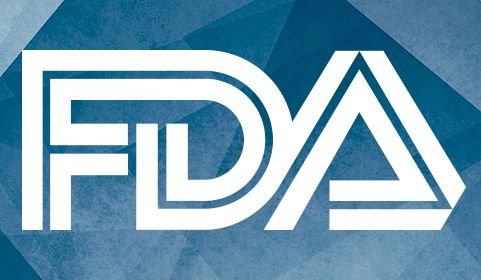Article
Medtronic Halts Sale of HVAD System, FDA Issues Warning to Stop New Implants
Author(s):
After receiving more than 100 complaints, including some involving death, Medtronic has halted sale of the HeartWare Ventricular Assist Device System and the FDA has issued a warning to clinicians to stop new implants of the device.

Less than a decade after receiving approval from the US Food and Drug Administration, Medtronic Inc. has asked providers to halt new implants of the HeartWare Ventricular Assist Device (HVAD) System as a result of observational data suggesting instances of internal pump delay or failure to restart were associated with increased risk of adverse events and mortality.
Announced by the FDA in a statement on June 3, Medtronic Inc. will be ceasing distribution and sale of the system after receiving more than 100 complaints, including 14 reports involving mortality, and the company has issued an Urgent Medical Device Communication Notification Letter providing clinicians and patients further guidance moving forward.
“The FDA’s highest priority is patient health and safety. We have been carefully monitoring the adverse events associated with this device and support its removal from the marketplace. The FDA is working closely with both Medtronic and Abbott to ensure patient care is optimized during this transition period and that there is an adequate supply of devices available to provide this patient population with options for end-stage heart failure treatment,” said Bram Zuckerman, MD, director of the Office of Cardiovascular Devices in the FDA’s Center for Devices and Radiological Health, in the FDA’s June 3 statement.
The decision to halt the sale and distribution of the HVAD System comes on the heels of Medtronic’s voluntary recall of a subset of the pumps in December 2020. According to the FDA, Medtronic has received more than 100 complaints involving delay or failure to restart, including 14 reports of patient deaths and 13 requiring explant. According to Medtronic, there are approximately 2000 US patients and 4000 patients worldwide that have been implanted with the device.
At the time of its 2017 approval for destination therapy, Medtronic marketed the system as the world’s smallest centrifugal-flow VAD that was designed to reduce surgical invasiveness, improve recovery times, and enhance patients outcomes.
The statement from the FDA called for clinicians to halt implantation of the device and instead use an alternative, such as the Abbott Heartmate 3 Left Ventricular Assist System. The statement also urged clinicians to advise patients who have the HVAD System to continue normal use and contact Medtronic for replacement items.
“The FDA’s alert is designed to quickly inform health care providers of this critical information so that patients with the current HVAD System continue to receive appropriate care and management. The FDA is committed to facilitating the development of safe and effective devices that can provide patients living with the devastating condition of end-stage heart failure with the opportunity for improved quality of life,” added Zuckerman.
Later in their statement, the FDA pointed out the HVAD System was approved based on comparisons to other commercially approved LVADs at the time. Both the FDA statement and notification letter from Medtronic urge patients and clinicians to report adverse events or safety problems with the Medtronic HVAD System to the FDA’s MedWatch Adverse Event Reporting program.
“There is nothing more important than the safety and well-being of patients. We know the greatest commitment we make to doctors and patients is to consistently make safe medical technologies that alleviate pain, restore health, and extend life,” wrote Nnamdi Njoku, President of Mechanical Circulatory Support at Medtronic, in the notification letter.





